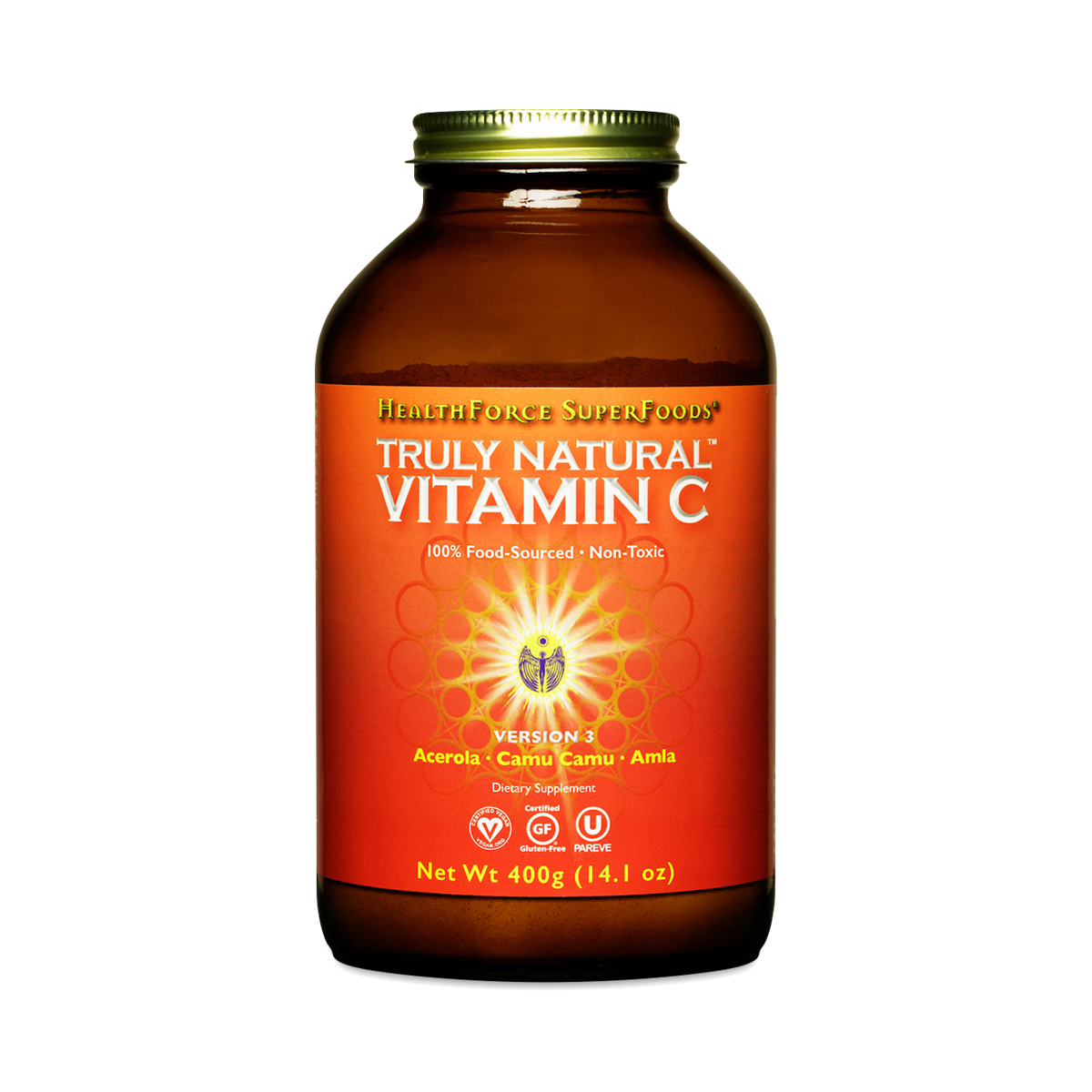

The fiber in oranges may help lower blood sugar levels in people with type 1 diabetes and improve blood sugar, lipids and insulin levels in people with type 2 diabetes. Too much potassium, however, can lead to hyperkalemia which can be serious and life threatening and include symptoms of muscle fatigue and weakness, nausea and paralysis, according to the Mayo Clinic. Potassium, an electrolyte mineral, is vital for the healthy functioning of the nervous system, and a lack of potassium can lead to arrhythmia (an irregular heartbeat), increased blood pressure and a depletion of calcium in bones, according to the U.S. Folate that helps the body lower levels of homocysteine, an amino acid that is common in red meat and is linked with poor heart health. Oranges are also a great source of folate and thiamine, she said, two important forms of vitamin B. "We need to eat more (fiber)," Thornton-Wood told Live Science. In addition, a 2013 study published in the journal Nutrition and Cancer found that the high amounts of vitamin C and folic acid, coupled with the antioxidant properties in orange juice can reduce DNA damage and, therefore, the risk of cancer.Īs well as vitamin C, oranges contain fiber, potassium and choline, all of which are good for your heart. Studies have shown that about 10-15% of colon cancers have a mutation in a gene called BRAF. It is associated with a reduced risk of colon cancer due to preventing DNA mutations.

Some research suggests that the vitamin C in oranges may be linked with a lower risk of certain cancers. The vitamin C found in orange juice helps support normal immune function.


 0 kommentar(er)
0 kommentar(er)
